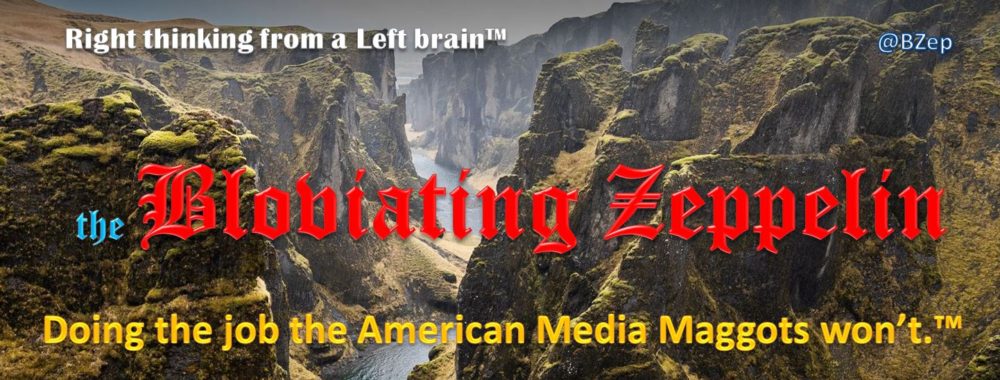– Mark Blythe, professor of international political economy, Brown University
Greece may have tested this theory on Sunday, when its electorate voted for a new government. Two parties appeared dominant: New Democracy and Syriza.
If New Democracy would win (it is typified as “moderate”), Greece may continue along its path of what is generally described as “austerity.” This is, as you might guess, unpopular with the masses.
If Syriza would win (it is typified as “leftist”), then it was suspected Greece would kick aside the Euro and re-embrace the drachma, as it was apparently committed to rip up bailout agreements with other banks and countries. Fiscal global chaos was theorized as the primary result of this.
As it turned out on Sunday, New Democracy won the election. The so-called “moderate” party. By a short red hair.
The markets didn’t tank Monday; the world didn’t cease rotation on its axis.
But if you think the shite is over — you’d be quite wrong.
From DerSpiegalOnline:
The world had been watching Sunday’s elections in Greece with bated breath, worried that the outcome could precipitate a Greek exit from the euro zone. Now it looks as if the two mainstream parties that support the bailout deal with the European Union and International Monetary Fund (IMF) may be able to form a government — but Athens isn’t out of the woods yet.
According to official results from the Greek Interior Ministry, conservative New Democracy came first with 29.7 percent of the vote, giving it 129 seats, followed by the left-wing Syriza party with 26.9 percent (71 seats). The center-left Socialists (PASOK) came third with 12.3 percent (33 seats).
Here’s the summary:
The bullet dodged is temporary. Ungird not thy loins.
The PIIGS — Portugal, Ireland, Italy, Greece and Spain — still have a few desultory cards left up their Euro-draining sleeves.
BZ



Yep, bullet dodged, but for how long???
NFO, I was prepared for the worst but hoping for the best.
It ain’t over, however; not by a LONG shot.
BZ
Gives us time, as a country, to take back our country from the control of the Federal Reserve Bank. First step – full audit.